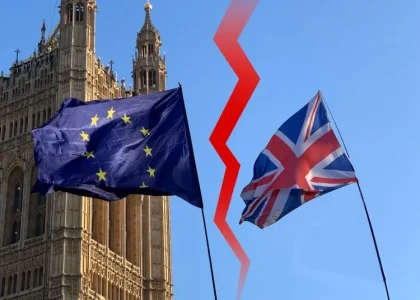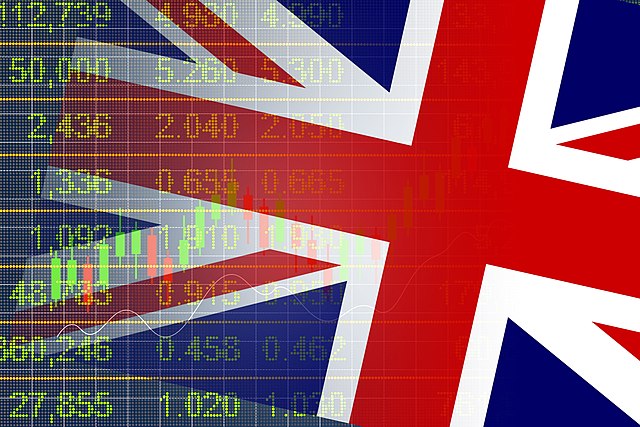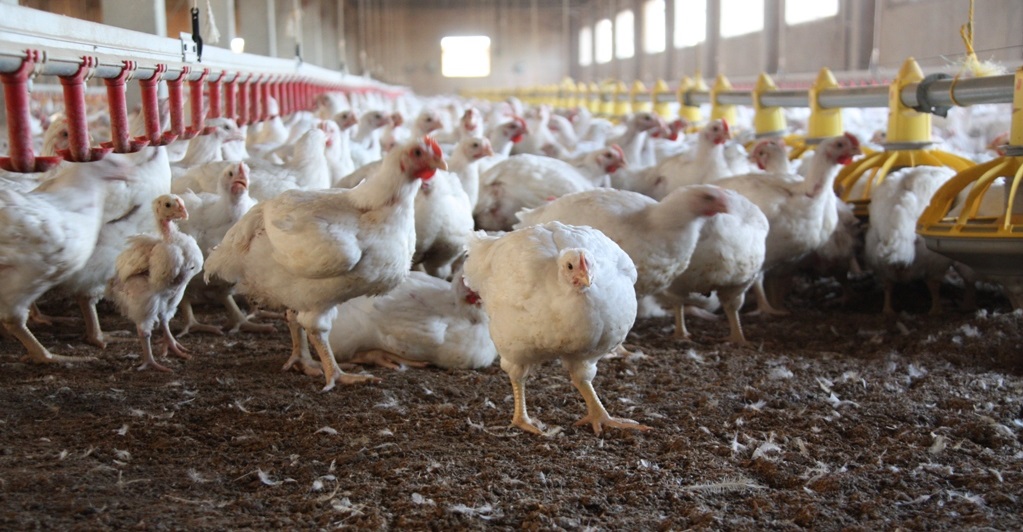Football experts suggest that a no-deal Brexit, in particular the end of free movement of labour, will have significant effects on the quality of the premier league, with teams outside the top-six facing the most damage.
17.4 million people voted for Brexit and probably had no idea of the impact Brexit may have on the nation’s favourite sporting competition, the English Premier League (EPL). The impact of Brexit on the EPL was not a topic discussed in the run up to the 2016 referendum, however it will certainly be an issue that the UK government will want to address carefully. The EPL is important to the UK treasury, which collected taxes worth £3.3 billion from the league’s clubs and players in 2016/17. This is 0.58% of the tax receipts collected in 2016/17, which amounted to £569.3 billion, such an extraordinary amount for a single organisation.
Currently, clubs in the EPL are able to buy any player from EU leagues thanks to Single Market rules and Article 45 of the EU Charter of Fundamental rights, which allow EU citizens to work in any EU country without a visa. In 2017, 34% of EPL players were EU nationals, helping to improve the quality of the league alongside attracting foreign broadcasting firms to obtain TV rights for the EPL.
End of freedom of movement
Once the transition period is over after December 31st 2020, the EPL will no longer benefit from the EU’s free movement of labour. It is not known what system will replace it. However if it is anything like the current regulations in place for non-EU foreign, EPL clubs will be faced with important restrictions, as they will have to obtain a Governing Body Endorsement (GBE) from the English Football Association (FA) to recruit EU players.
Perry and Steenson’s 2019 study on ‘Post-Brexit impact’ shows that in order for players to automatically qualify for a GBE, they must have played in a set percentage of international matches in the last two years. This ranges from 30% and higher if the countries’ international FIFA ranking is within the top 10, to 75% and higher if their ranking is between 31-50.
If a player is unable to meet these criteria, then they can apply for a GBE through the exceptions board, which takes into account the transfer fee, the player’s wage and percentage of minutes played. Thus, the higher the transfer fee and player’s wage, the more likely the board will accept the visa, which will overwhelmingly benefit the financially affluent top-six clubs.
A study, by Laurie Shaw found that between 1992-2018, of the 1,022 European players signed by clubs in the EPL, only 591 would have been eligible under the GBE visa system. Most of the players eligible would have been high profile players that are signed by the top-six clubs, making it difficult for lower ranked teams to sign Europe’s emerging talents.
Reduced revenue
Currently, the EPL’s broadcasting revenues are heavily funded from oversees at 46%, with rights worth £4.35billion for 2019-2022. It is understandable that what attracts foreign broadcasters to the EPL is the various nationalities of players, with countries wanting to see their nation’s stars progress. In the short run, a reduction in international players may lead to a reduction in interest from foreign broadcasters and therefore, less revenues for EPL clubs.
The pound has seen a decrease since the 2016 referendum and could potentially decrease further depending on the deal Boris Johnson achieves with the EU. Therefore, players paid in Euros will be more expensive, possibly reducing the likelihood of clubs shopping for players in Europe.
Less talent
Once the transition period is over, EPL clubs will no longer be able to sign from EU countries players that are under the age of 18. This is because Article 19 from the FIFA “Regulations on the Status and Transfer of Players” prohibits players under the age of 18 being transferred to international clubs. However the rule does not apply to the EU Member States (MS) when buying and selling players to one another. This rule allowed for players such as Pogba to join Manchester United and Fabregas and Bellerin to join Arsenal. Therefore, EPL clubs will now miss out on Europe’s promising young players, possibly reducing the quality of the league.
The sporting world was mesmerised by Leicester City’s 2015/16 title winning season, which saw the EPL praised for its sheer excitement and unpredictability. Laurie Shaw discovered that this would not have been possible without freedom of movement as under the GBE regulations both Kante and Mahrez, highly influential players in the title win, would not have qualified for a visa. This shows that lower rated clubs will struggle to compete with the top-six as their access to the European market would be limited and they would be forced to rely mainly on home-grown players.
Is it all bad news?
The FA sees Brexit as an opportunity to improve the national team as clubs will need to focus more on the development of English youth players due to the potential difficulty in obtaining European talents. Conversely, there is no evidence to suggest that this will help improve the national team and it is also important that our youth are playing in the most competitive league in the world for a more advanced development of their skills.
The current EPL chief Richard Masters provided reassurance on the matter stating that “the Premier League is an important part of ‘Brand Britain’ around the world and I don’t think the government would want to do anything that has a negative impact on the Premier League or the English national team”. Though, it is important to note that nothing is written in stone. Boris Johnson’s trade talks must be closely watched as the EPL holds financial and sentimental importance for the nation.
The fan base expects the EPL’s future to be given the attention it deserves in the Brexit negotiations and we must reject any calls for a no-deal Brexit which would put the quality of our beloved EPL at risk.
Thomas Mylroie is a UEA Politics graduate who wrote this piece as a part of his final year module ‘Britain and Europe’ organised by Pierre Bocquillon.






Very interesting article and the unfolding events of the final Brexit negotiations could certainly have serious ramifications in the years ahead for the EPL.